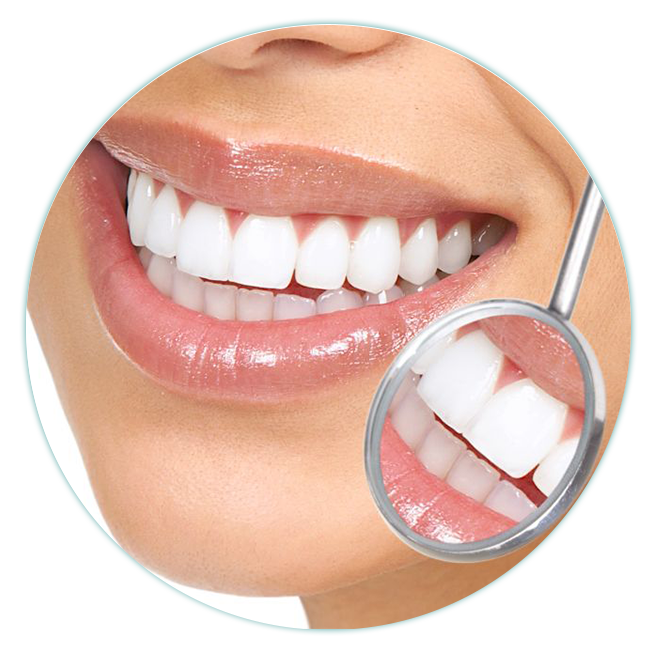Teeth whitening is a popular cosmetic dental procedure aimed at enhancing the appearance of your smile by lightening the color of your teeth. This non-invasive treatment effectively reduces stains and discoloration caused by factors such as aging, consumption of certain foods and beverages, tobacco use, and poor oral hygiene.
There are various teeth whitening methods available, including professional in-office treatments and at-home options. In-office treatments are performed by dental professionals and often involve the application of a whitening gel or paste containing hydrogen peroxide or carbamide peroxide. A specialized light or laser may be used to activate the whitening agent and accelerate the process. These treatments usually provide more immediate and dramatic results.
At-home teeth whitening options typically involve the use of custom-made trays filled with a whitening gel. The trays are worn for a specified amount of time daily or overnight. This gradual approach allows patients to achieve desired results over a period of several weeks.

Our experienced dentists will evaluate your needs and customize treatments that are tailored to maintains your oral health.

We provide you everything to keep your smile looking its best. With us you will be able to improve your dental hygiene routine.

We are dedicated to provide our patients with superior dental care and services.

Our experts are equipped with specialized techniques to ensure patients are thoroughly comfortable during their treatments.

Teeth whitening offers several benefits for individuals looking to enhance their smile:
It’s important to consult with your dentist to determine the most suitable teeth whitening method for your specific situation and to ensure optimal results while maintaining the health of your teeth and gums.
Teeth whitening is a cosmetic dental procedure that lightens the color of your teeth, reducing stains and discoloration, resulting in a brighter and more attractive smile.
Teeth whitening treatments typically use bleaching agents, such as hydrogen peroxide or carbamide peroxide, to break down stains on the tooth’s surface. This process removes discoloration and lightens the shade of the teeth.
Yes, teeth whitening is generally safe when performed under professional guidance. Dental professionals take necessary precautions to protect your gums and ensure the proper use of whitening agents.
Teeth whitening can be done through in-office treatments or at-home options. In-office treatments involve the application of a whitening gel followed by activation with a specialized light or laser. At-home options include custom-made trays filled with a whitening gel that you wear for a specified duration.
The duration of teeth whitening treatments can vary depending on the method used. In-office treatments typically take about 1-2 hours, providing immediate results. At-home options may take a few weeks to achieve the desired level of whitening.
Teeth whitening is effective against most extrinsic stains caused by factors like food, beverages, and tobacco use. However, it may not be as effective on intrinsic stains caused by factors like tooth trauma or certain medications. Your dentist can assess the type of stains you have and recommend the most appropriate treatment.
Some individuals may experience temporary tooth sensitivity or gum irritation during or after teeth whitening treatments. These side effects typically subside shortly after the treatment. Following proper aftercare instructions can help minimize any potential discomfort.
The longevity of teeth whitening results varies from person to person. With proper oral hygiene practices, avoiding stain-causing substances, and periodic touch-up treatments, the results can last for several months to a few years.
Teeth whitening is generally suitable for most individuals. However, it’s important to consult with your dentist to ensure you have healthy teeth and gums and determine the best whitening method for your specific situation
Teeth whitening treatments primarily work on natural teeth and may not change the color of dental restorations like crowns, veneers, or fillings. Your dentist can provide guidance on managing color discrepancies between natural teeth and restorations.

